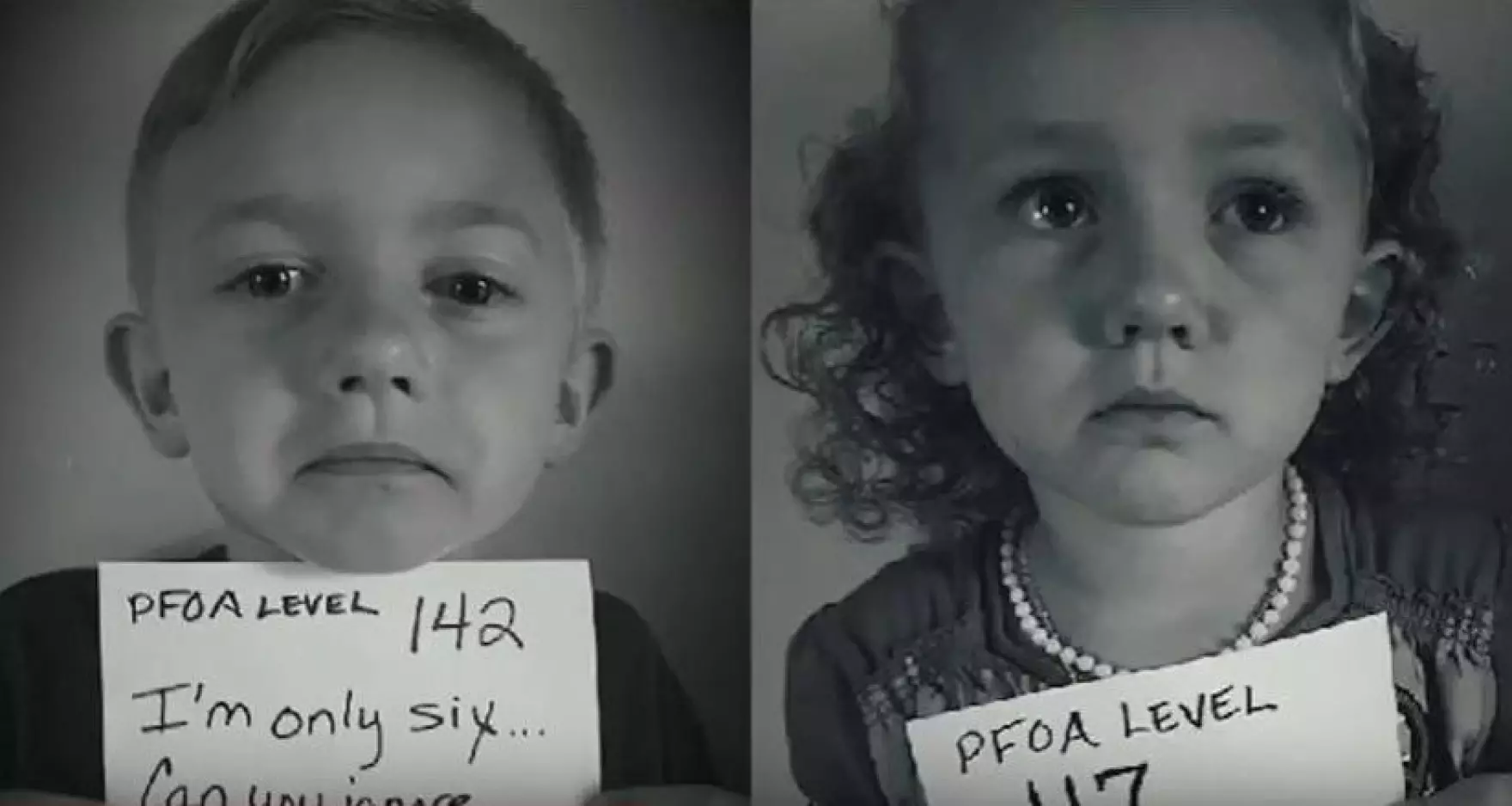
These are bad chemicals and we need to try and avoid them, as much as possible.
Per- and polyfluoroalkyl substances (PFAS) are a group of (over 4000) synthetic chemicals that have gained notoriety for their adverse effects on human health and the environment. Here’s why PFAS are so damaging:
- Health Risks: PFAS exposure is linked to a range of health problems, including cancer (especially kidney and testicular cancer), liver damage, immune system suppression, thyroid disorders, and developmental issues in children.
- Persistence: PFAS do not break down easily in the environment, leading to their accumulation in soil, water, and even in the bodies of living organisms, including humans. This persistence means long-term exposure, making the health risks more significant.
- Widespread Contamination: PFAS contamination is widespread, with numerous documented cases of polluted drinking water supplies and environmental contamination near industrial sites and military bases where PFAS were used in firefighting foam and other applications.
- Bioaccumulation: PFAS can bioaccumulate in the food chain, leading to higher concentrations in animals that humans consume, further increasing the risk of exposure.
- Lack of Regulation: Until recent years, there has been limited regulation of PFAS, allowing their widespread use and contamination without adequate oversight.
How are we being exposed?
- Waterproof Apparel: Outdoor clothing, raincoats, and footwear often use PFAS-based coatings to provide water and stain resistance.
- Non-Stick Cookware: Teflon-coated pans and bakeware contain PFAS to prevent food from sticking to the surface.
- Food Packaging: Microwave popcorn bags, fast-food wrappers, pizza boxes and now paper straws almost always contain PFAS to resist grease and moisture.
- Dental Floss: Certain types of dental floss have been found to contain PFAS coatings for smoother gliding.
- Cosmetics: Some cosmetics, particularly waterproof makeup, may contain PFAS for long-lasting wear.
- Stain-Resistant Fabrics: Carpets, upholstery, and textiles are treated with PFAS to repel stains and spills.
- Cleaning Products: Some household cleaning products, such as stain removers and carpet cleaners, may contain PFAS for their stain-resistant properties.